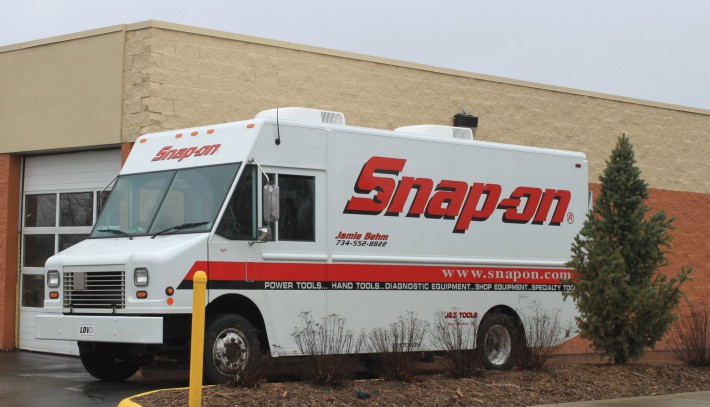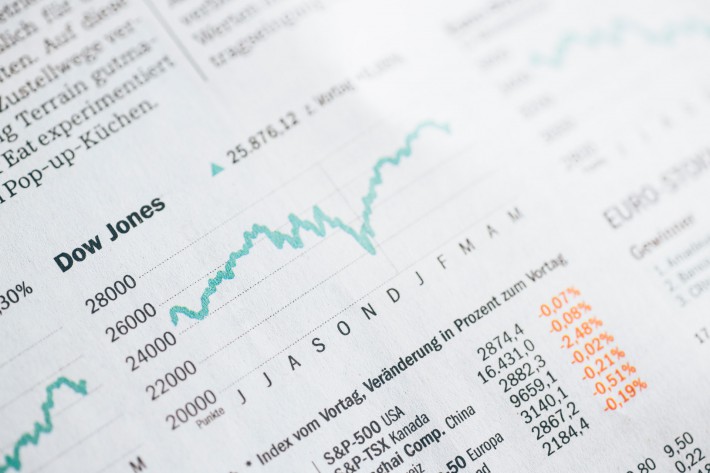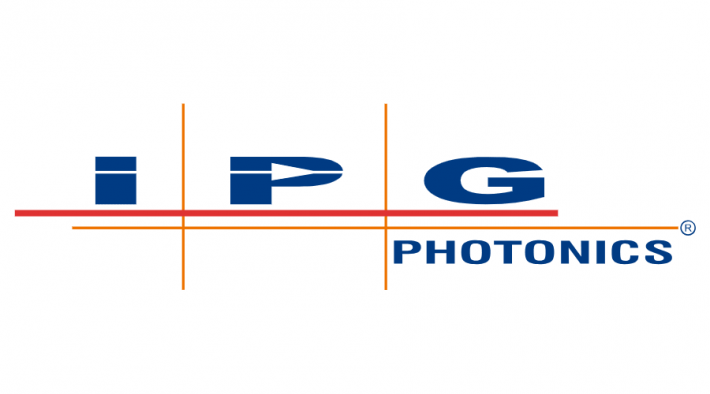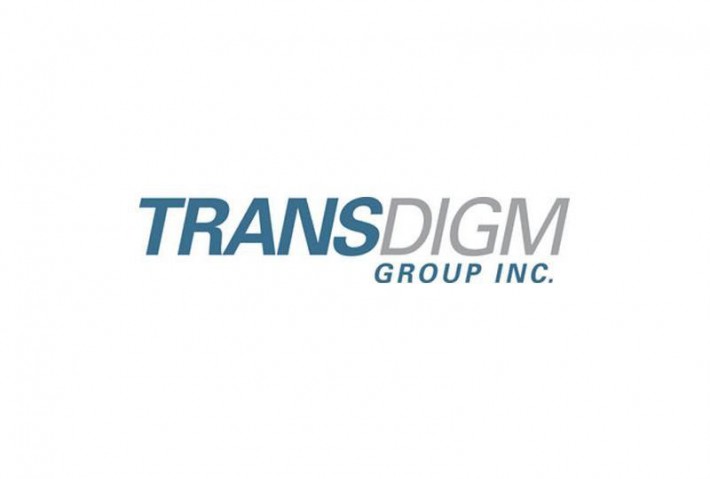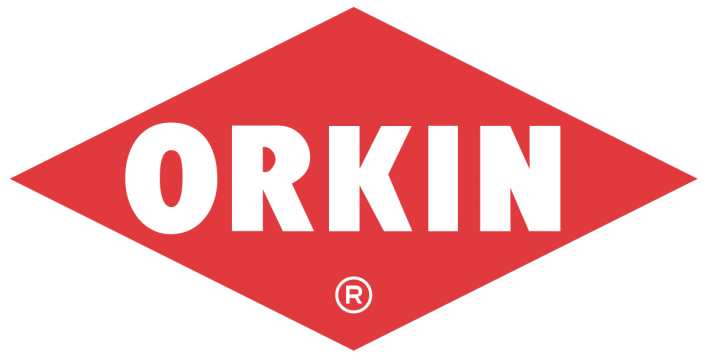Please use the following link to access our thoughts on FOXF and BLDP today, as well as our rationale for formally discontinuing our research coverage at this time.
On Friday March 11th, before market open, Ballard Power reported a Q4'21 loss of $0.15 per share, despite revenue that exceeded consensus estimates. We retain strong conviction in our critical BLDP thesis, and invite our subscribers to access our thoughts on BLDP's Q4 using the following link:
Please use the following link to download Antrim Investment Research's research coverage initiation report for Copa Holdings, in which we offer a critical assessment of the company's business mix, competitive positioning, and input cost pressures.
At this time, Antrim has decided to discontinue research coverage of Snap-On Inc. Please use the following link to find our final thoughts on our SNA coverage.
Following a volatile start to the year and Q4'21 earnings season drawing to its conclusion, we are ready to publish updated thoughts on a number of names in Antrim's coverage universe. Please use the following link to access our post-earnings thoughts on: AOS, LECO, TRN, BLL, and FOXF.
At this time, we are choosing to discontinue our research coverage of IPG Photonics. Please use the following link to download our rationale and final thoughts on the name:
Please use the following link to access our thoughts on TDG's Q1 report and conference call.
Please use the following link to download our initiation report for Rollins (NYSE:ROL - $31.46)
Please use the following link to download our initiation report for A.O. Smith (NYSE:AOS - $85.53)
Attached please find the results of our recent diligence conversations, as well as any of Antrim's reactions to earnings which did not merit a standalone report.




